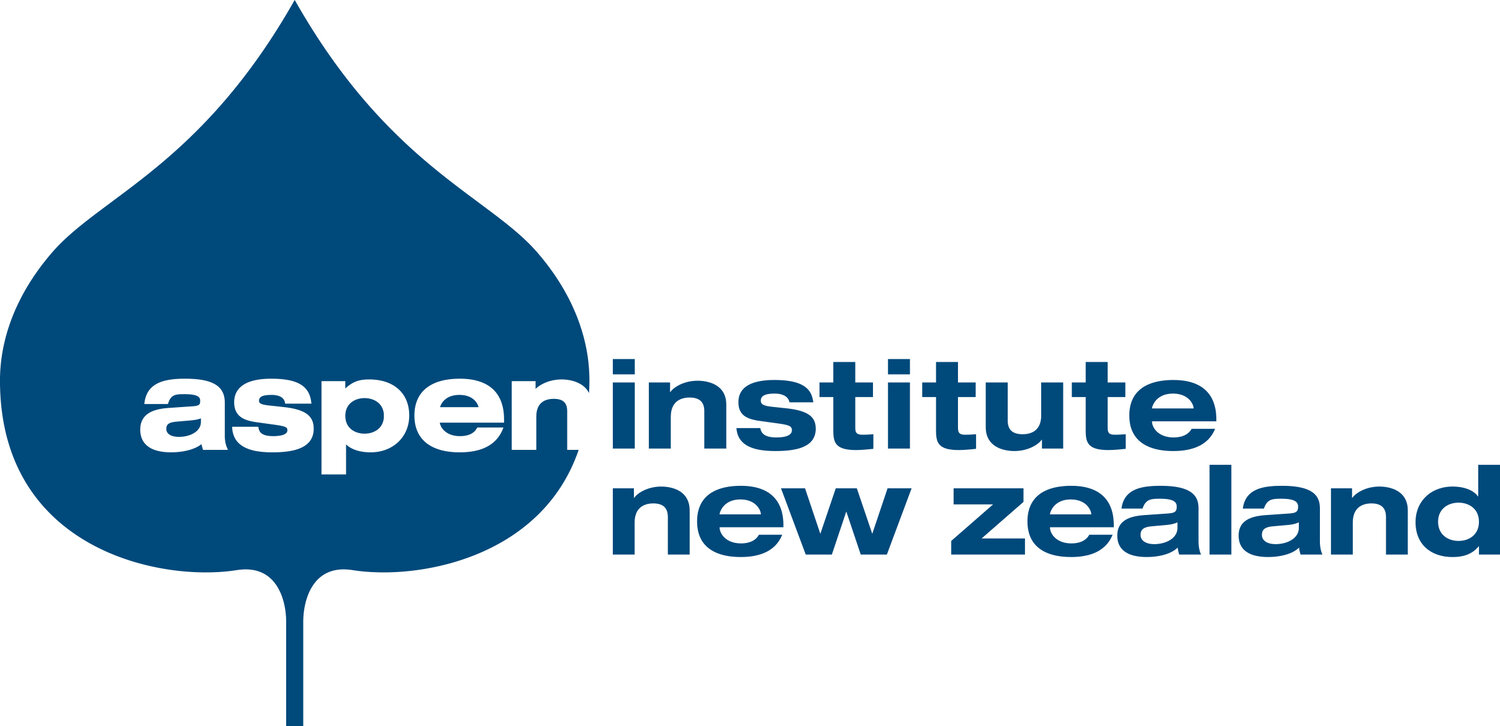What are misinformation and disinformation? What role does money play in influence operations that promote misinformation? Is New Zealand as vulnerable as other countries like the US? What are the future possibilities for improving our misinformation defenses? To explore these important issues and more join international experts from Singularity University, Google NZ and Massey University for MISINFORMATION CHALLENGES, our fifth seminar in the Future Challenges: Systems thinking and Values based Leadership series.
These seminars provide a systems framework for thinking about complex issues, using a non-partisan, values based approach. They are a forum for leaders from various professions and diverse backgrounds to explore critical issues through expert-moderated dialogue. They are designed to provoke, further and improve actions taken by participants back in their organisations and communities to improve leadership and inform decision making and policy.
MISINFORMATION CHALLENGES
Wednesday 22 Sep | 9am to 11:30am and 1:30pm to 4pm, and
Thursday 23 Sep | 9am to 11:30am
Online over two days, and a total of three, 2.5 hour sessions:
Session 1: Common Good Values and Systems Dynamics - seeks to examine what we mean by addressing the "common good". Understanding how to frame issues we all face provides a foundation for thoughtful civility vs. polarised dialogues even when we disagree about the targets or means of achieving the common good. When a saboteur on a ship damages a critical life support system, the term common good loses much of its ambiguity. We also study lessons from the practice of simulating businesses and government systems with systems dynamics modeling. When done well, this type of modeling includes variables in addition to money, and eventually incorporates whole systems and considerations of sustainability. We examine the question of where to intervene in complex systems for maximum leverage. Finally, we examine the relationship of systems thinking and misinformation. What happens when control systems are fed misinformation and what can we do to detect these problems and do something about them?
Session 2: The Science of Misinformation - examines what are misinformation and disinformation? Who benefits and who loses from different types of misinformation? Specifically, how can we detect misinformation? Are there any standards to judge the veracity of information? What role does money play in influence operations that promote misinformation? How effective is science education or critical thinking in combating misinformation? What role do religion, race, and political identity play in misinformation? How is misinformation transmitted, and once the infection starts, what can be done to address it?
Session 3: Misinformation Policy Tradeoffs -focuses on the current, planned, and potential future policies designed to address misinformation and disinformation. Is New Zealand as vulnerable as other countries like the US? What are the trends in misinformation and disinformation that require a continuous reexamination of the assumptions, conditions, and rules of engagement associated with what some have called an infodemic. Finally, we examine future possibilities for improving our misinformation defenses and what policies might promote a systematic and effective response.
With moderators expert in systems thinking, media, law, politics and policy:
Neil Jacobstein - Chair AI & Robotics Singularity University, MediaX Distinguished Scholar Stanford University, Aspen Crown Fellow, Director Aspen Institute NZ, 6 years on the US National Academy of Sciences Division of Earth and Life Studies Committee, and decades of decades of industry and government information systems consulting.
Prof. Claire Robinson - Pro Vice-Chancellor College of Creative Arts, Massey University. Formerly Associate Pro Vice-Chancellor (Business and Operations) 2009-2011 and Head, Institute of Communication Design (2005 – 2008). In 2009 Claire was the Director of Public Diplomacy and Outreach in the New Zealand Ministry of Foreign Affairs and Trade. Claire’s research interest is focused on the visual communication of political messages and is a frequent media commentator on New Zealand politics.
Ross Young - Head of Government Affairs and Public Policy at Google New Zealand. A Barrister and Solicitor of the High Court of New Zealand, a Solicitor of England and Wales, and of New South Wales, Australia. In this role, Ross has worked on the Global Launch of Project Loon from Christchurch; founded the Innovation Partnership to help schools, businesses and government make the most of digital technology; commissioned research on The Value of the Internet to NZ Businesses and Data Driven Innovation in NZ and sponsored the Manaiakalani Digital Teaching Academy to provide professional support for teachers on blended digital learning.
We will host a diverse range of participants from business, education, government and industry. Absolutely no technical background is necessary to participate - just the ability to read, listen, and think critically. Conversations are informal, well grounded, and coherent. There is no need for agreement on a right answer or outcome - only the commitment to be civil and thoughtful. Aspen’s approach is through curated readings and Socratic dialogue where the focus is on what the participants think.
For privacy, the seminars are not recorded.
Participation fee is $500 + GST and full scholarships/complimentary places are available. We encourage people to attend all three sessions, as the dialogue develops over the three days.
Join us today!
Thank you to the U.S. Embassy for supporting youth scholarships.
Note: The IoD invites its members to log attendance at Aspen Institute seminars for consideration of CPD (continuing professional development) points. The allocation of points is based on activity with a focus on improving core governance competencies and knowledge.


![Flag-logo[3] 2.png](https://images.squarespace-cdn.com/content/v1/5d3678535281d70001068936/1630474118118-1RLDUFYCN0PP7TARILP0/Flag-logo%5B3%5D+2.png)